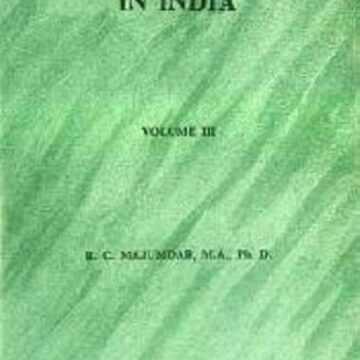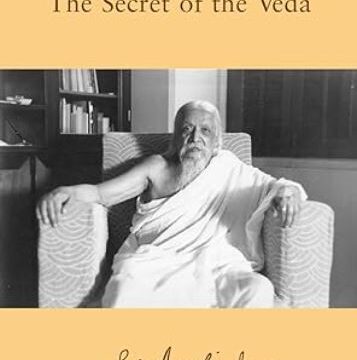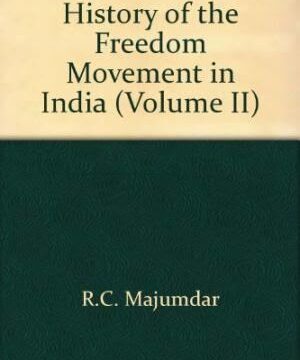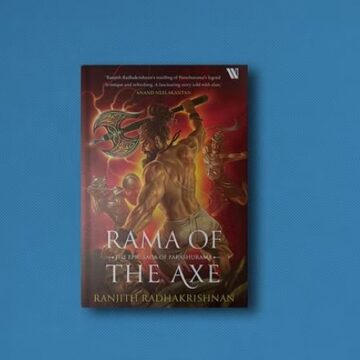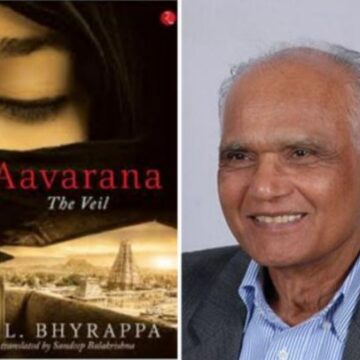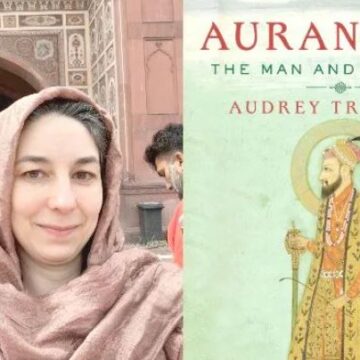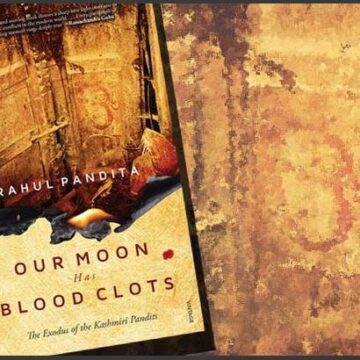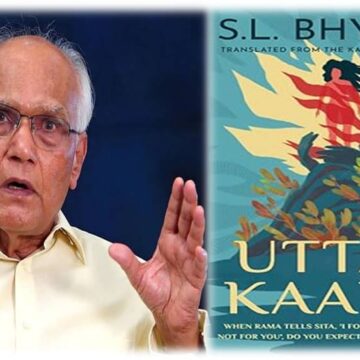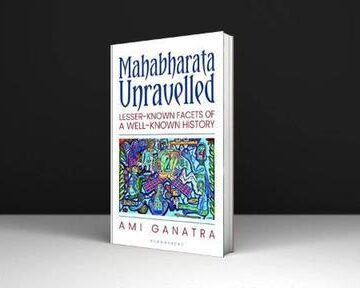The point Mazumdar repeatedly makes in his book is that the Muslim leaders were extremely clear on what they wanted. The Hindu leaders remained clouded and romantic, dreaming of a unity not simply existing in the minds and hearts of their Islamic counterparts.
The central idea of all the proposed alternatives was that the treatment of Muslims should not be as a minority community in Hindu India but as a separate nation with a distinct culture.
During this great metamorphosis of Muslim politics in India, neither the Congress nor the Hindu public men gave it the serious attention it deserved. They angrily opposed the idea of vivisection of India in any form and took their stand on the twin ideas of Indian nationality and Indian unity—the ideas that the Muslims rejected in almost one voice.
The Hindu leadership never belonged to the Hindus, and the Muslim leadership was devoted to nothing except Muslims and Islam.
Category: <span>BOOK REVIEW</span>
“The Secret of The Veda” by Sri Aurobindo – A Review
"The Secret of The Veda" by Sri Aurobindo is a collection of Sri Aurobindo’s various writings on the Veda and his translations of some of the hymns, originally published in the monthly review 'Arya' between August 1914 and 1920.
Excerpts From History Of The Freedom Movement in India By R.C. Mazumdar – The Politics Of The Book – Part 2
Dr Pingali Gopal explores the goings on that led to the birth of R.C. Mazumdar's book "History of the Freedom Movement in India" as the author tries to bring to light the truth behind India's independence and tries to redefine what "foreign occupation" means.
The rest of this series is a summary and paraphrasing of the works of RC Mazumdar. The essays are directly from the book, without indication as such in all cases. The first-person component of the essays also belongs to Mazumdar. There are no extra elements or comments added to the text of Mazumdar except for some editing and slight additions to give clarity to the background context and to give a smoother flow to the topic under discussion. The aim is to give an overview of the freedom struggle from a different perspective.p
History Of Freedom Movement: The View Of R.C. Mazumdar – Part 1
Dr Pingali Gopal uses R. C. Mazumdar's book "History of the Freedom Movement in India" as reference to evoke interest in the truth behind the popularised version of the history of India's independence.
“Rama of the Axe” by Ranjith Radhakrishnan – A Review
A comprehensive review of "Rama of the Axe" by Ranjith Radhakrishnan, and his treatment of plots and characters beyond what is mainstream, including but not limited to the protagonist Bhagwan Parashurama and the antagonist Kartyavira Arjuna.
Aavarana (The Veil) By S. L. Bhyrappa – Translated by Sandeep Balakrishnan – A Review
Rohan Raghav Sharma reviews SL Bhyrappa's "Aavarana - the veil" translated from the original Kannada into English by Sandeep Balakrishnan. He explores the multi-layered plot, the flow of the story, and evolution of the characters while also touching upon salient points of criticism along with his own critique of the book.
On Audrey Truschke’s “Aurangzeb: The Life and Legacy of India’s Most Controversial King”
"Bridging the chasm between the historical Aurangzeb and this reimagined (and largely imaginary) Aurangzeb is a daunting task, but Truschke makes her case with the chirpy enthusiasm of an Aurangzeb fangirl writing a puff piece in People magazine on her idol.
The received historiography on Aurangzeb is riddled with outlandish hoaxes that have gone unchallenged for decades. Truschke’s book is a worthy addition to this genre since it refreshes our memories of these hoaxes while enthusiastically manufacturing new ones."
An incisive and witty review of Audrey Truschke's book on Aurangzeb, and her source material, by Keshav Pingali.
“Our Moon Has Blood Clots” by Rahul Pandita – A Review
Mayank Dhar, A Kashmiri Pandit, pens a nuanced and balanced review of Rahul Pandita's book "Our Moon Has Blood Clots", with praises where the author has earned them and pointed questions where the author deserves them.
“Uttar Kaanda” by S. L. Bhyrappa – A Review
In the novel, Uttara Kaanda, renowned novelist, Shri S L Bhyrappa is on an odyssey. An odyssey through the eyes of his protagonist, Sita; the daughter of Janaka, wife of Rama, and mother of Lava-Kusha but also something more, something that belongs only to herself. Something that makes Sita who she is.
Sita is not ‘Devi’ in Uttara Kaanda, but she is most definitely either our Mata, our Bhagini or our Kanya. That is why our hearts beat with Sita of Uttara Kaanda.
‘Mahabharata Unravelled’ By Ami Ganatra – A Review
Ami Ganatra's book "Mahabharata Unravelled" is going to be revelatory for those who are used to a steady diet of modern, almost fictitious and agenda driven, retellings, or rather remodellings, of dharmik epics. It must be read as a stepping stone for the study of the source text to understand and absorb the main epic in a deeper manner.

